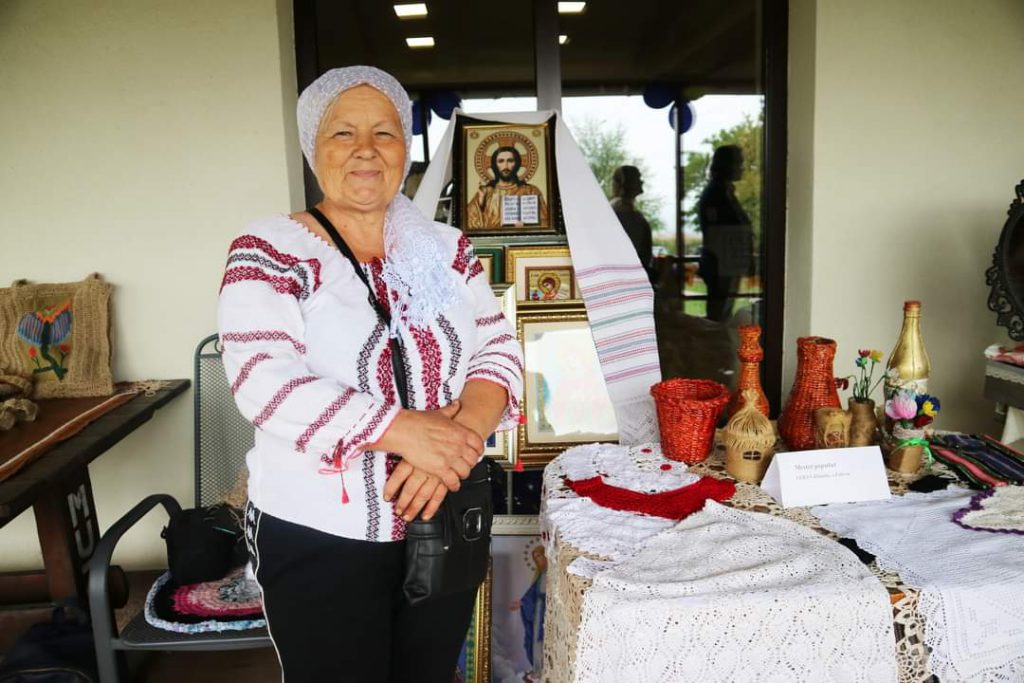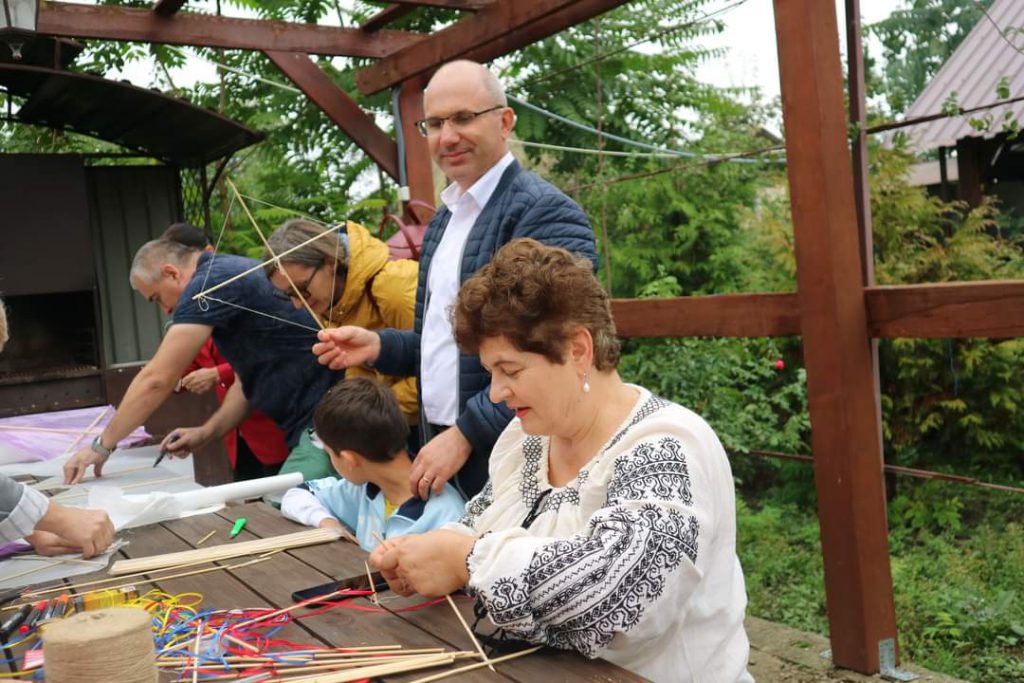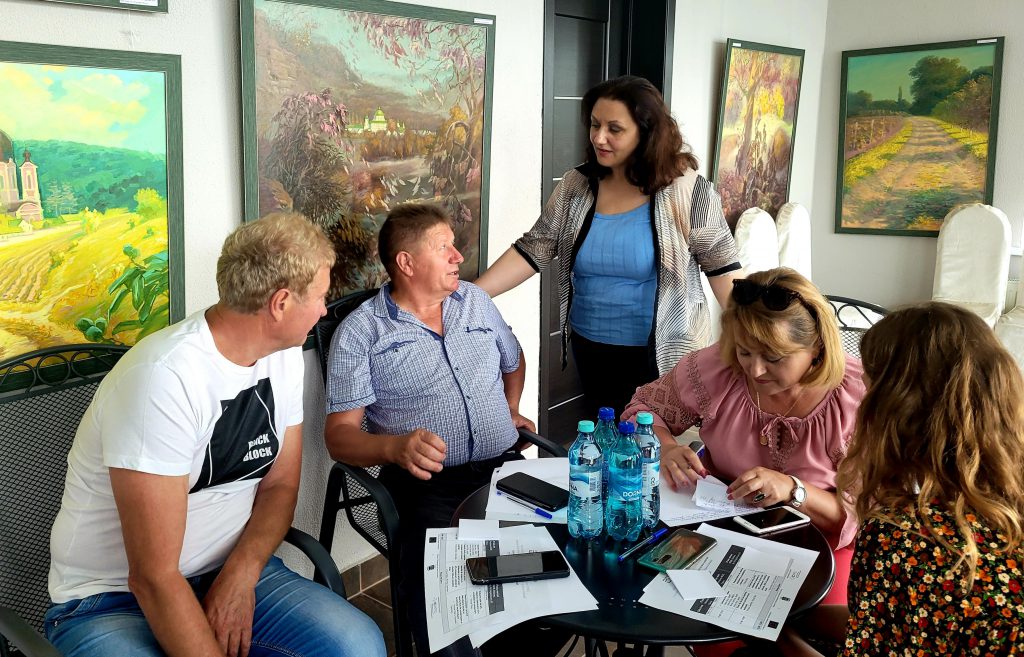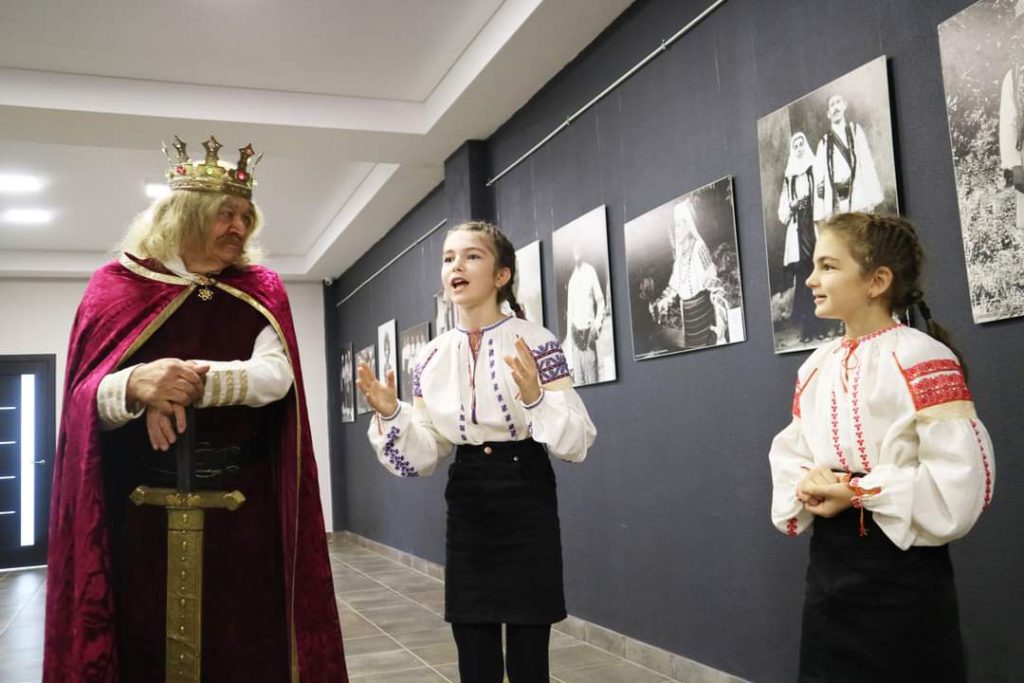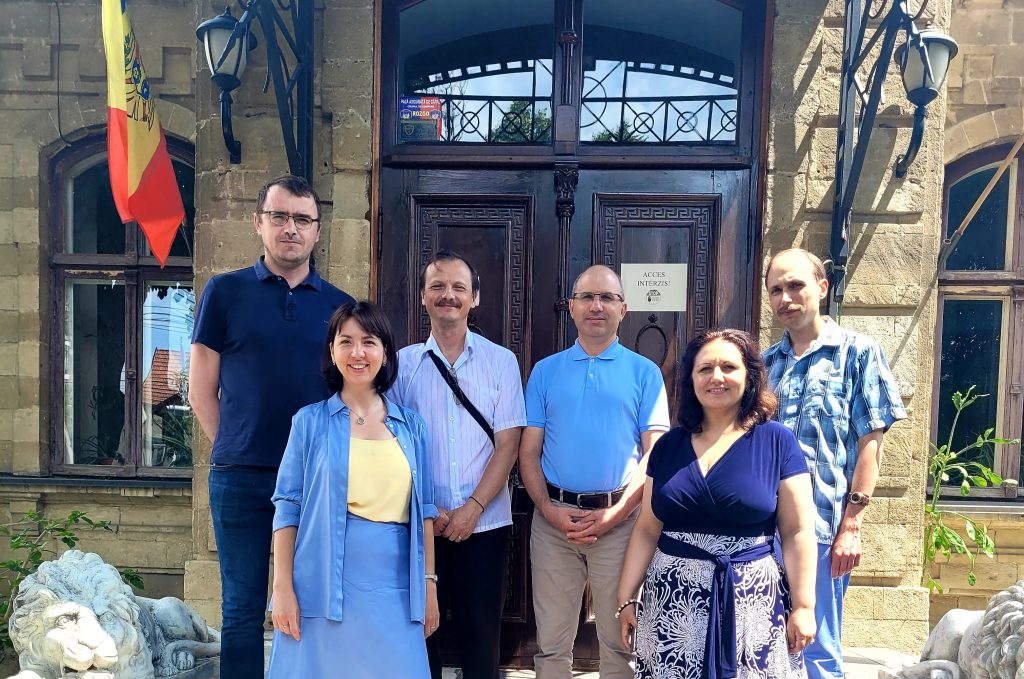
Promoting heritage tourism in Moldova through diaspora expertise
Moldova has a rich cultural heritage and a budding tourism industry with the Țipova-Saharna landscape reserve, a tourist route that attracts over 35,000 tourists annually. However, the area still lacks proper infrastructure, as well as leisure and education facilities, which also limit the Țipova-Saharna tourist route from reaching its full tourism potential. The National Museum of Ethnography and Natural History which manages the route, requested support from EUDiF to assist in its modernisation by bringing in expertise from diaspora professionals based in Sweden.
Between May 2021 and September 2022, the museum enhanced its organisational and management capacities in sustainable tourism activities thanks to exchange with these diaspora professionals. In addition, it encouraged local communities and entrepreneurs to explore alternative models for local heritage tourism. The action resulted in the museum rebuilding the route and piloting some new strategic tools and concepts, such as storytelling and open-air museum model for protection of intangible culture heritage. This successful collaboration shows the great potential for replication in the development of other touristic routes in Moldova and beyond.
Programme of activities
The action facilitated modernisation of tourist services in the reserve and of the museum’s own activities, by exploring and capitalisaing on the potential of heritage tourism potential. It did this through a combination of activities grouped into three modules, including skills building and development of strategic tools that will enable the museum to continue working to maximise the potential of tourism for the region in years to come.
A diaspora professional was deployed to Tipova, Moldova, to conduct the field visits, bilateral meetings and consultation sessions aimed to assess the main needs for the route's conceptualisation.
Based on the assessment and consultation of local actors, the diaspora expert drafted a 'conceptual package' on the tourist route. This is the first structured document of its type, including a detailed description of the route's elements, information on architectural design and an itinerary.
The diaspora professionals drafted a visionary strategy for 2022-2030 aimed to develop, preserve, conserve, leverage and integrate the tourist route into the sustainable development of the country.
Based on the strategy objectives, the experts crafted an action plan for its implementation for 2022-2024 detailing roles and timelines. The plan also includes a background note on a storytelling pilot project, the festival of legends in Tipova.
The diaspora professionals conducted an online seminar for the museum staff and central public authorities to present the strategy and action plan and discuss opportunities, challenges and tasks for implementation.
The diaspora professionals conducted a specialised training to upskill the museum staff on project writing and fundraising.
The workshop targeted the museum staff, central public authorities, academia, NGOs and other actors involved in the management of the route. It introduced the participants to best practices from Sweden in heritage tourism entrepreneurship, such as the open-air museum model and storytelling
EUDiF and diaspora experts held an extended workshop onsite (in Tipova and Chisinau) to raise awareness on the main principles of sustainable tourism and opportunities for heritage tourism. The museum, central public authorities, local actors, entrepreneurs and local communities all participated.
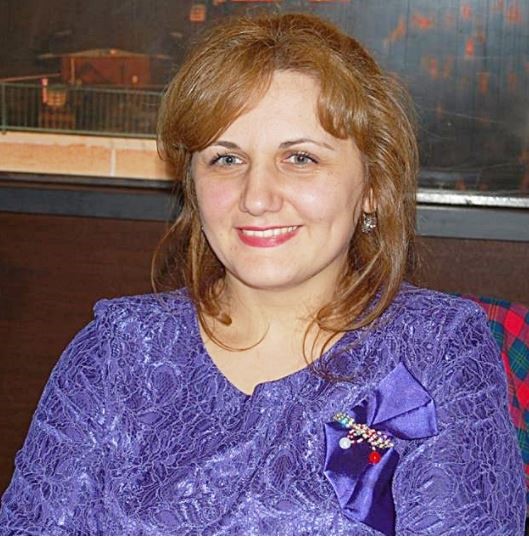
Capacity development
The museum assessed its capacities at the start and end of the action, showing how the various activities have helped to accelerate their knowledge and practical skills in areas essential to achieving their long-term objectives.
EUDiF actions are designed to plug into a partner's existing vision and/or workplan, in order to help enhance, catalyse, or accelerate initiatives in a way the partner will be able to maintain beyond the end of the action. This is why the focus is on enhancing capacities, rather than providing a finished product on behalf of the partner. No partner ever begins from zero capacities, but the progress made during the course of an action can have a huge impact on its operations.
